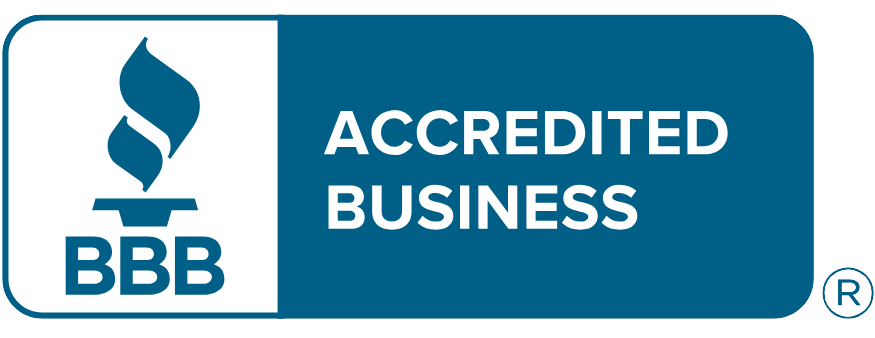
Temperatures in the Valley of the Sun have finally dipped into the comfortable zone. During the fall and winter, Arizona homeowners rejoice in switching off their air conditioners for at least a couple of months. While it’s easy to turn your attention away from your air conditioner when you don’t need it, it may be the ideal time to consider replacement. If you’ve already identified that you will soon need a new unit because it’s old and beginning to malfunction, there are significant benefits to replacing it now, rather than waiting until the spring or summer.
Most HVAC experts will tell you that mid-October through April is the right time to replace your air conditioner for several important reasons. First, fewer homeowners and business owners are replacing units during these months. This means that you won’t have an extended wait for an estimate or for installation. Replacing your unit while you’re not reliant on it also means that you won’t be caught unexpectedly with a system failure. As anyone who has survived the heat of an Arizona summer knows, an air conditioner failure can be very disruptive.
Is It Time to Replace Your Air Conditioner?
Of course, it’s important to know when it’s time to invest in a new air conditioner. Unfortunately, it’s impossible to predict exactly when your air conditioner will stop functioning. However, there are some indicators that signal that you should consider a replacement.
Greater than 10 Years Old
Although some air conditioners will function seamlessly for decades, others don’t. A good rule of thumb is to begin considering the possibility of replacement when your unit hits 10 years in service.
Efficiency Issues
Have your utility bills increased considerably despite no change in your usage pattern? Has your unit always underperformed or cycled excessively? It may be time to call out an expert for a load calculation. An HVAC professional can help you understand what size unit you need, based on your square footage, insulation, windows and other factors.
You may also be struggling with an older air conditioner with a low Seasonal Energy Efficiency (SEER) ratio. Today’s air conditioners must have a rating of at least 13, and many quality units will have ratings well above 14. A higher SEER rating means greater efficiency and a lower monthly utility bill.
Extend the Lifespan of Your Air Conditioner
While a new air conditioner can ensure you’re cool for many years to come, you may still have plenty of years of life left in your existing unit. If so, the best way to maximize its lifespan is to get it serviced regularly. Air conditioners in the hot temperatures of the greater Phoenix area work hard to keep your home cool. By keeping your HVAC system well-maintained, you can extend its usability dramatically.
Want to learn more? Call your cooling experts, Cool Blew, for a home energy evaluation.





